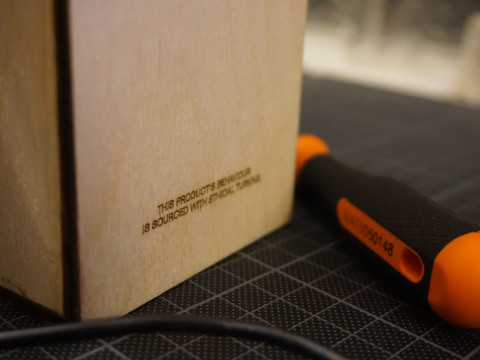It’s part of the greater dream of progress to incrementally unload burdens of our daily lives to more autonomous and smart objects. However the more information we feed them the more complex is to take decisions.
If a “smart” coffee machine knows about its user’s heart problems, should it accept giving him a coffee when he requests one? The system will be designed to take into account certain inputs, to process a ‘certain’ type of information under a ‘certain’ kind of logic. How are these “certainties” defined, and by whom? How are these autonomous systems going to be able to solve problems without objective answers? And, moreover, as the nature of ethics is very subjective, how will machines be able to deal with the variety of profiles, beliefs, and cultures?
The Ethical Things project looks at how a very mundane object like a fan, might face complex dilemmas, and can source answers and determine its behaviour by asking to crowdsourced workers. Rather than focusing on creating complex and possibly erroneous algorithmic smartness, we outsource the choice to people and allow users to set the ethical parameters chosen to find the right remote “Ethical Agent”.





